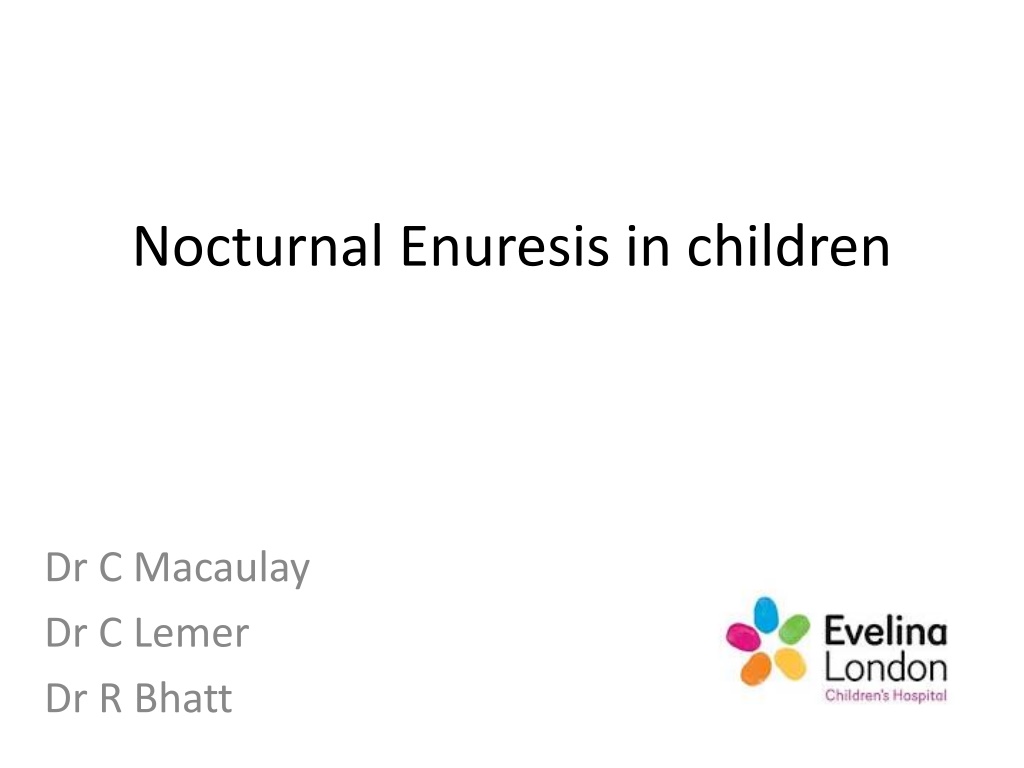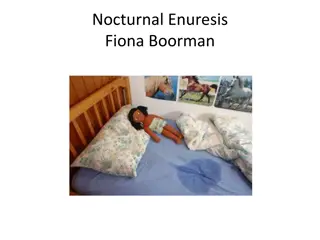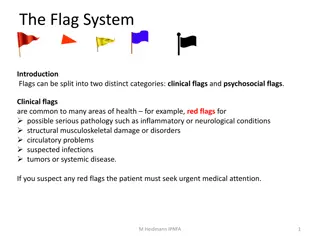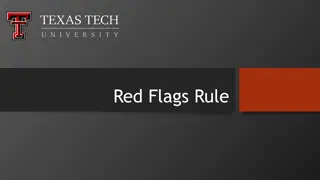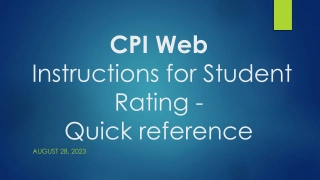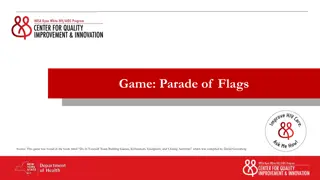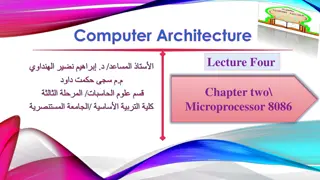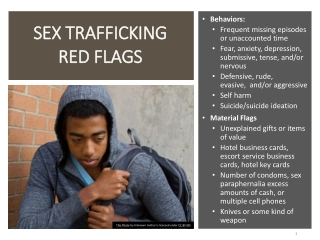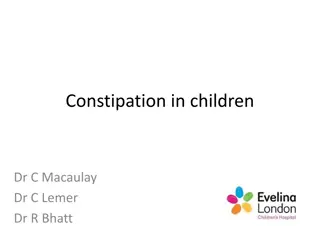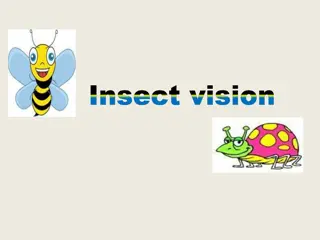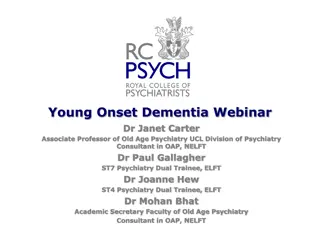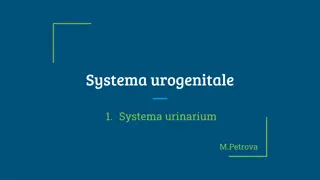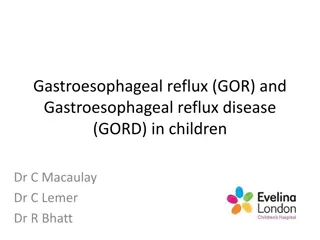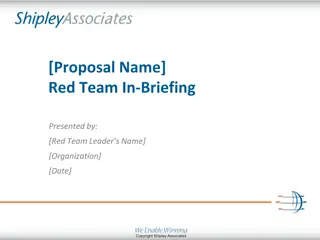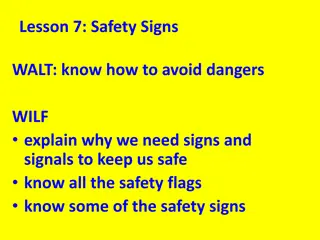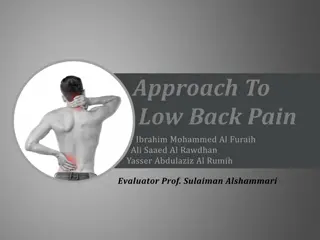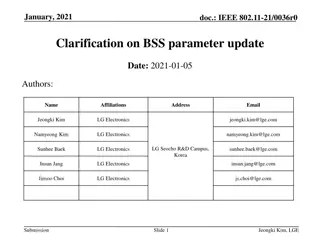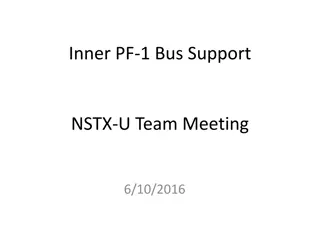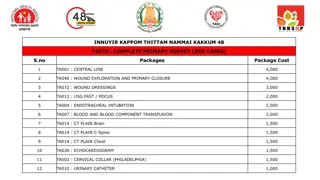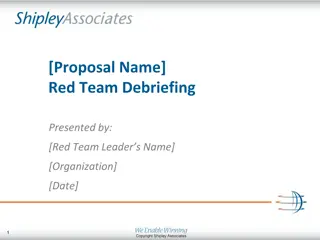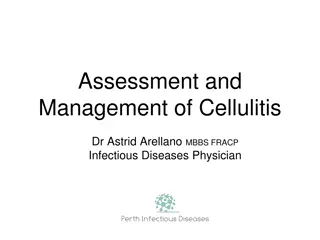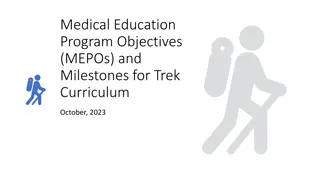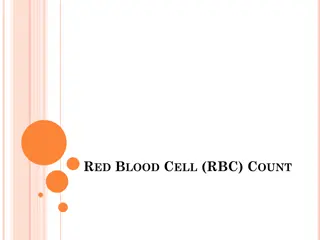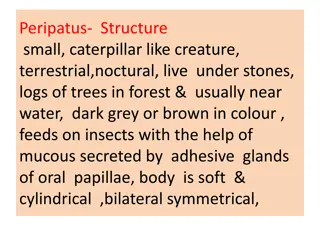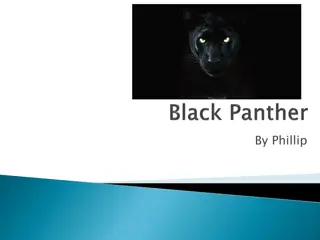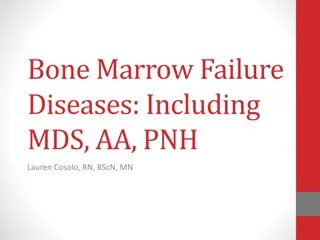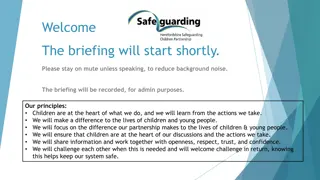Comprehensive Guide to Nocturnal Enuresis in Children: Assessment, Management, and Red Flags
Involuntary bedwetting in children, known as nocturnal enuresis, is not uncommon and can impact self-esteem. Understanding the incidence, assessment, red flags, and management options is crucial for effective treatment. History taking, examination, and planning management strategies tailored to the child and family are key in addressing this issue. Providing general advice such as not restricting fluid intake and regular toileting can also aid in managing bedwetting effectively.
Download Presentation

Please find below an Image/Link to download the presentation.
The content on the website is provided AS IS for your information and personal use only. It may not be sold, licensed, or shared on other websites without obtaining consent from the author. Download presentation by click this link. If you encounter any issues during the download, it is possible that the publisher has removed the file from their server.
E N D
Presentation Transcript
Nocturnal Enuresis in children Dr C Macaulay Dr C Lemer Dr R Bhatt
Background Involuntary wetting during sleep without any inherent suggestions of frequency of bedwetting or pathophysiology Prevalence decreases with age Causes not fully understood Treatment has a positive effect on the self- esteem of children and young people.
Incidence Bedwetting less than 2 nights a week has a prevalence of 21% at about 4 1/2 years and 8% at 9 1/2years. More frequent bedwetting is less common and has a prevalence of 8% at 4 and a half years and 1.5% at 9 and a half year.
Assessment and investigation History taking Ask about onset of bedwetting, pattern of bedwetting, daytime symptoms, toileting patterns, fluid intake and practical issues. Assess for comorbidities and other factors that may be associated with bedwetting. Important to treat these such as constipation Explore psychosocial situation are there any triggers?
Red Flags Frequency, urgency, wetting, Poor stream Dysuria Recurrent UTIs see UTI guidance Safeguarding concerns Any known neurological problems For same/next day Paediatric advice from Paediatric consultant: Daytime and night symptoms: Evelina : Phone : 07557 159092 (11am- 7pm Mon- Fri) Evelina : Email: general.paediatrics@nhs.n et (answer within 24hrs on weekdays) KCH : Phone: 02032996613 (option 3), (8.30am midnight Mon- Fri, 8 30am - 8pm weekend) KCH : Email :via Choose and Book for a response within 24 hrs Mon- Fri. On examination: Abdominal mass Abnormal spine/neurology There may be underlying pathology: consider discussion with same/next day consultant advice service
Planning management Explain the condition and possible treatments with the child or young person and parents or carers Clarify what the child or young person and parents or carers hope the treatment will achieve Explore the child or young person s views about their bedwetting Consider whether or not it is appropriate to offer alarm or drug treatment depending on the age of the child or young person, the frequency of bedwetting motivation and needs of the child or young person and their family
Give general advice: Don t restrict fluid intake Avoid drinks after 6pm Avoid caffeinated drinks Regular toileting during the day Suggest reward chart for those who have some dry nights
Initial treatment: alarms first-line treatment to children and young people who have not responded to advice on fluids, toileting or an appropriate reward system Alarm may be inappropriate when: bedwetting is very infrequent (that is, less than 1 2 wet beds per week) the parents or carers are having emotional difficulty coping with the burden of bedwetting the parents or carers are expressing anger, negativity or blame towards the child or young person
Initial treatment: desmopressin Offer desmopressin to children and young people over 7 years, if: rapid-onset and/or short-term improvement in bedwetting is the priority of treatment Or an alarm is inappropriate or undesirable
Desmopressin: other factors Do not exclude desmopressin as an option for the management of bedwetting in children and young people: who also have daytime symptoms. However, do not use in only daytime wetting with sickle cell disease* with emotional, attention or behavioural problems or developmental or learning difficulties*. Do not routinely measure weight, serum electrolytes, blood pressure or serum osmolality. * If they can comply with night time fluid restriction.
Referrals General paediatrics: KCH : via Choose and Book Evelina : Letter to General Paediatrics by: Post : Sky Level 6, Evelina Children s Hospital Fax: 020 7188 4612, or Tel: 02071884783 Email: general.paediatrics@nhs.net OR Referral to Community Services (incl enuresis clinic) Lambeth : Mary Sheridan Centre Southwark : Sunshine House Link to access referral form/contacts : http://www.guysandstthomas.nhs.uk/our- services/community- paediatric- services/referrals.aspx 020 7188 4683 for queries OR Enuresis Alarm dispensing Clinic (sunshine house or MSC)
Take Home Messages Take a holistic approach Important to stress that this is common and child shouldn t be blamed Explore if previously dry, is there a trigger? Is there any signs of maltreatment in this child? Treatment needs to be tailored to the child and family
Resources https://www.nice.org.uk/guidance/ng1
